The Anniversary of the National Apology: A time for reflection and action
-
13 February 2025
-
< 1 min read
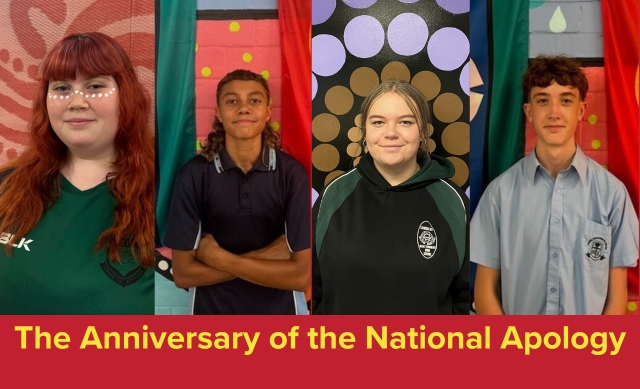
Because saying sorry is just the beginning…
February 13 is the 17th anniversary of the National Apology to the Stolen Generations. It is a day to remember, reflect, and push for real change.
In 2008, then-Prime Minister Kevin Rudd stood before the nation and apologised to our Stolen Generations—the children taken from their families under cruel government policies. That apology was a long-overdue acknowledgment of the deep pain and suffering our people endured.
But words alone are not enough.
Seventeen years later, many of our Elders and families are still living with the trauma of forced removal. We continue to face discrimination and struggle for justice. The impacts of these policies are not just stories from the past—they are still our reality today.
The National Apology was never meant to be the final step; it was meant to be the beginning of real, lasting change. That change is still desperately needed.
As we reflect on this anniversary, we asked some of our NASCA students to share their thoughts on what this day means to them. They are our voices as the next generation carries the weight of history but also the hope for truth, justice, and healing.
We’ll keep speaking up, standing strong, and making sure our stories are heard—because our strength, our Culture, and our hope will always carry us forward.
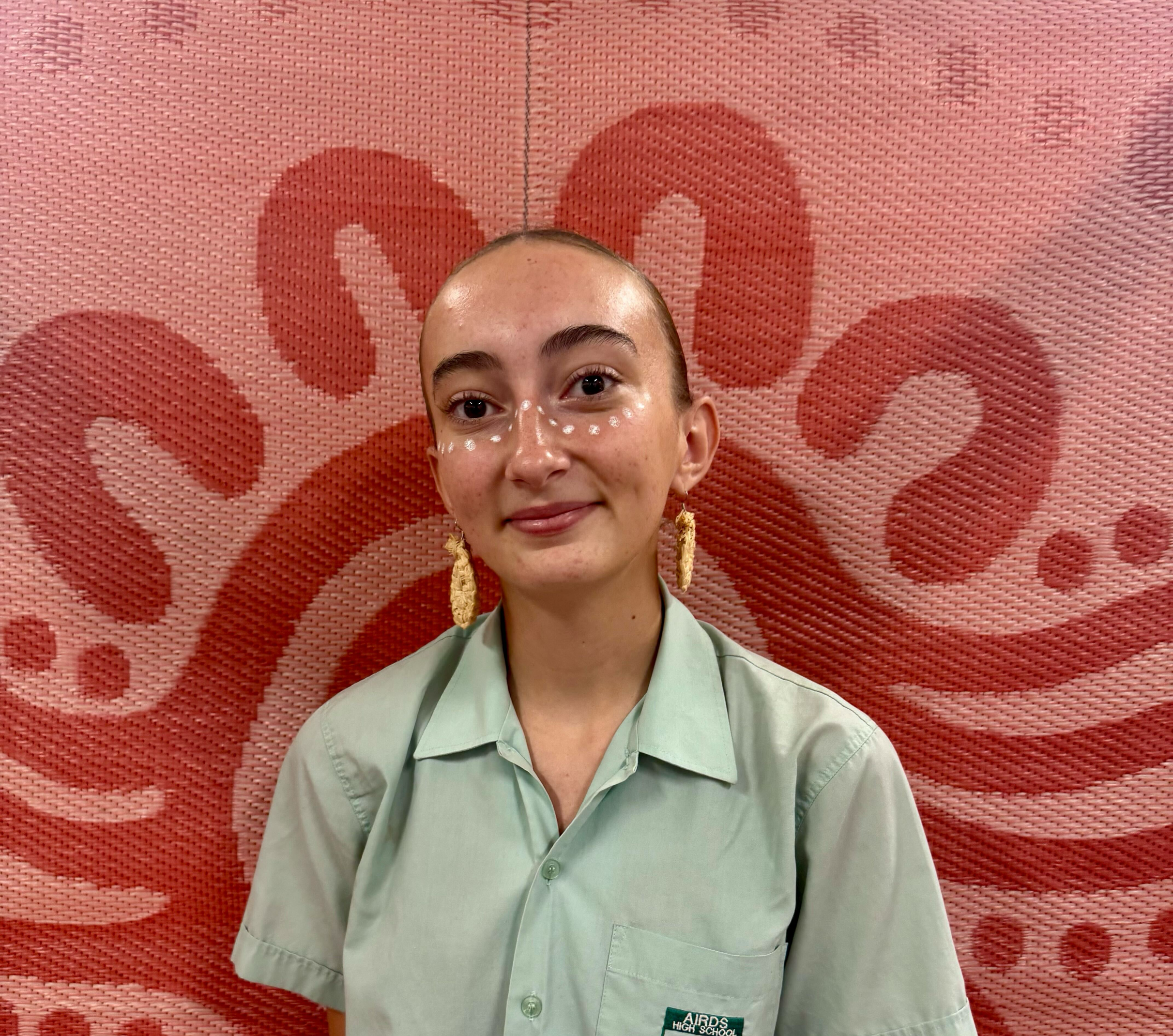
“Kevin Rudd delivered a heartfelt apology to the Aboriginal and Torres Strait Islander peoples for the injustices and suffering inflicted upon them. As I listened to his words, I felt a deep sense of sorrow but also a sense of hope and renewal. Rudd’s apology acknowledged the government’s role in the forced removals of Indigenous children from their families, known as the Stolen Generations, is a heartbreaking reminder of the trauma and suffering inflicted upon my people. Rudd’s words, though a step towards healing, couldn’t erase the intergenerational pain and loss that still resonates within our communities. I’m filled with grief thinking about the countless lives forever changed, the families torn apart, and the culture suppressed. The apology was a necessary acknowledgment, but it also brought to the surface the raw emotions and ongoing struggles of my people. and the intergenerational trauma that followed. ”
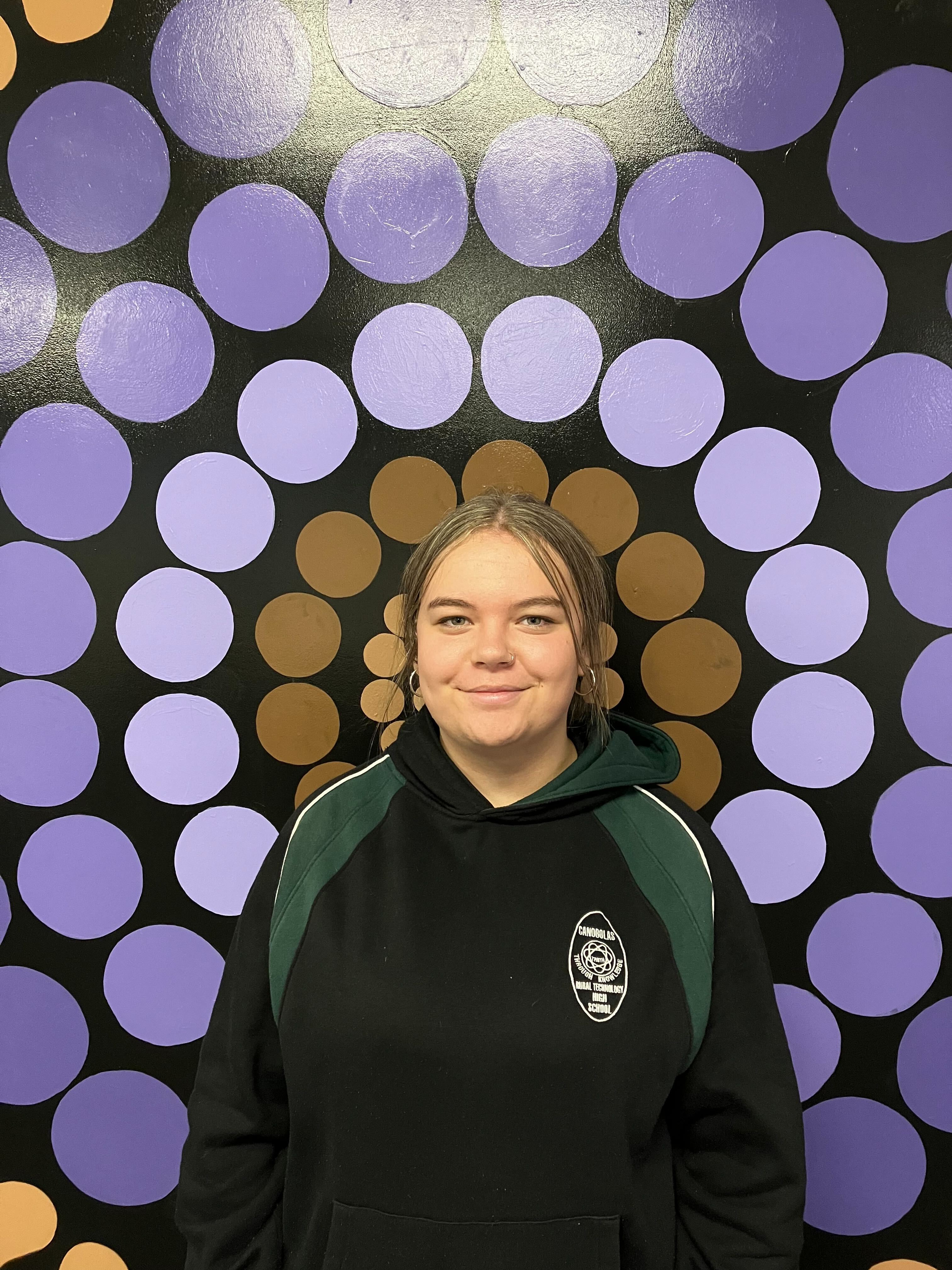
“National Apology day to me means that the government has recognised all the pain and trauma they caused Aboriginal people. and they are trying to right their wrong. It also makes me really happy that it is now more recognised in Australia by everyone, not just the government. ”
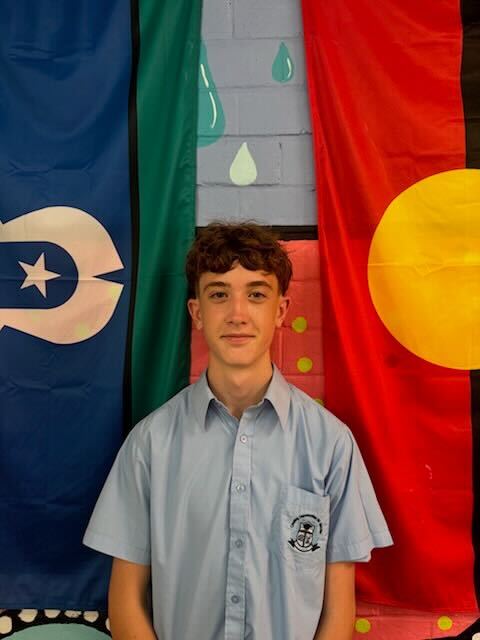
“Kevin Rudd’s apology impacted the Indigenous peoples and I because he helped people reconcile and acknowledge the pain suffering of the Stolen Generation. Kevin Rudd’s words were a step towards the healing process of our past suffering. The way it has affected me is because without Kevin Rudd we might not have had all the opportunities that we have today with all the programs and all the help we receive. Without the apology we as Aboriginal and Torres Strait Islander peoples might not have the freedom to live the way we do today. At school as an Aboriginal student, we get a lot of help from our AEO’s (Aboriginal Education Officer) and NASCA staff – without the apology it could have affected our schooling life when it comes to connecting with Culture and getting help with our school life and our personal life.”

“For some people, this is history, something they read about in books or on social media. But for many of us, this is personal. It’s important to remember this day because understanding history helps us build a better future. Acknowledging past mistakes doesn’t mean we carry guilt, saying sorry doesn’t change what happened, but it’s important because it acknowledges the truth. It shows that we’re willing to learn from the past and do better. That’s why today matters—so we remember, we acknowledge the truth, and we make sure it never happens again.”

“I feel happy that Aboriginal and Torres Strait Islander people have been recognised and apologised to but also I feel like it is not enough. I think as nice as it is that non-Indigenous Australia are sorry I also think that their actions need to show their remorse. ”
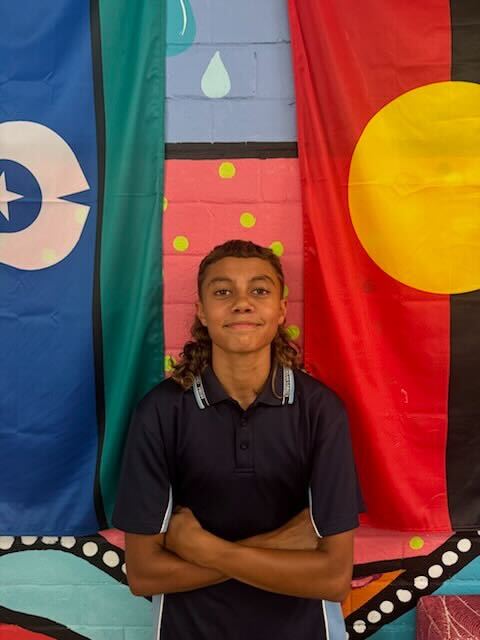
“The apology acknowledged the governments mistakes by taking Aboriginal and Torres Strait Islander people (The Stolen Generation). By him stepping up as Prime Minister and closing that gap between Aboriginal peoples and non-Aboriginals, the apology gave us hope in a change to the laws and discrimination against us, signifying the commitment to address the injustice toward Aboriginals and Torres Strait Islanders.”
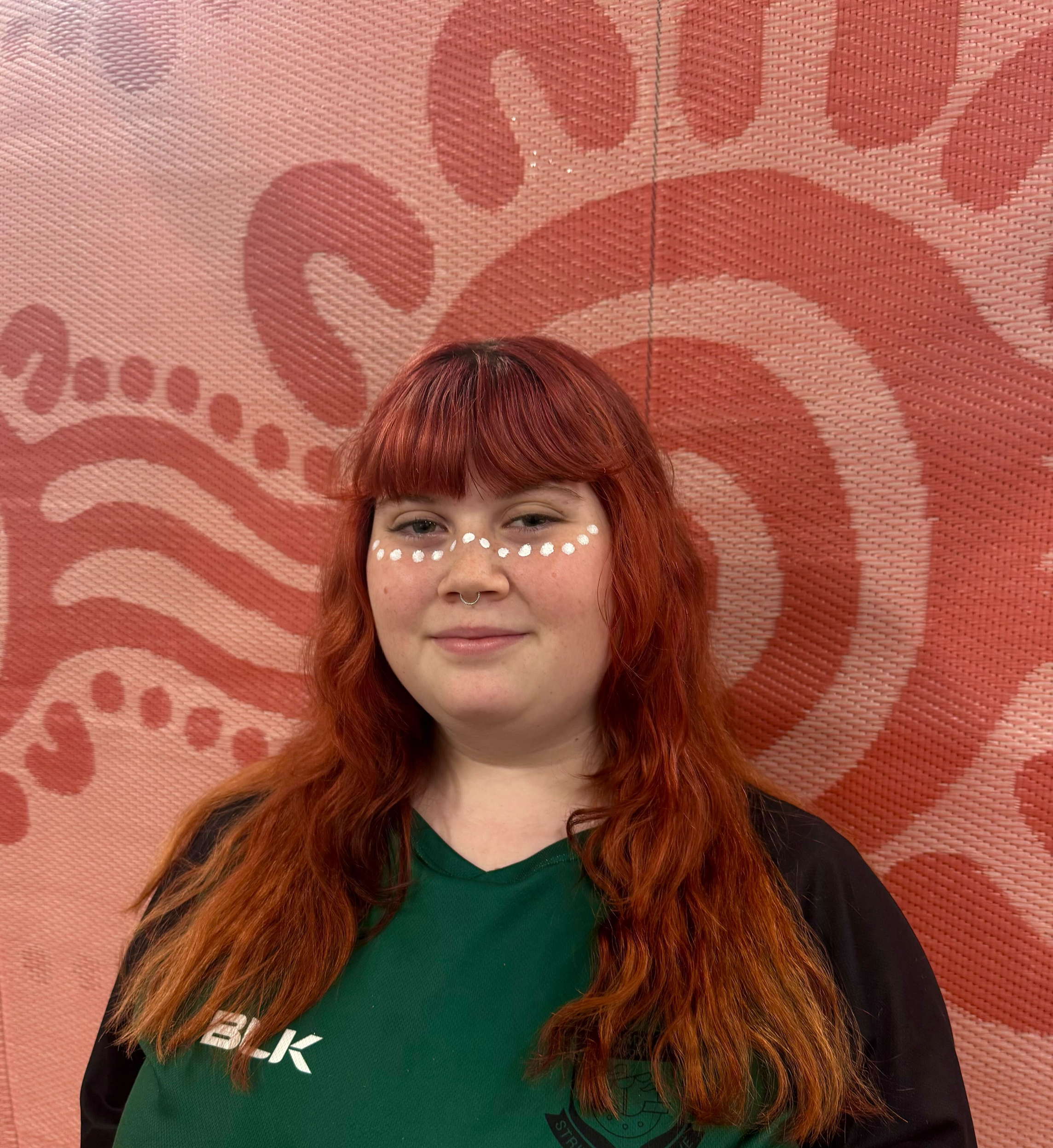
“To me, today is a day of recognising the past and using our knowledge and new found empathy to embrace our Aboriginal Culture with pride and joy. ”
